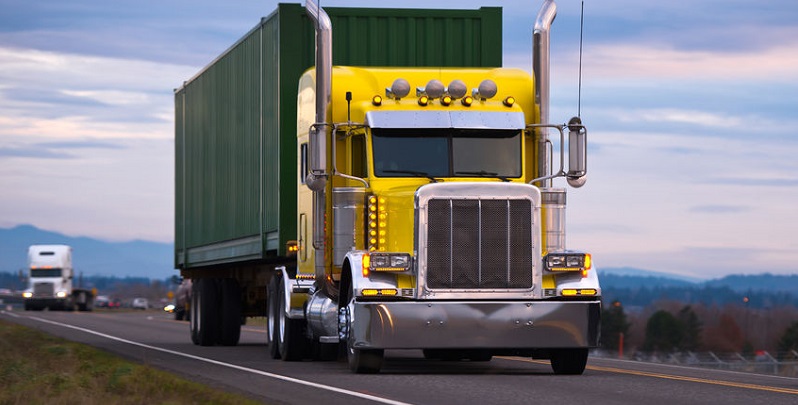According to the FMCSA, trucks or their drivers were the critical reason in 44 percent of the multiple-vehicle accidents occurring in 2014. That same year, about 20 percent of the commercial trucks in operation were pulled out of service because of excessive safety violations.
Determining Liability Is Not Often Easy
In 2015, 4,311 big trucks and buses were involved in fatal accidents, eight percent more than the previous year, according to the Federal Motor Carrier Safety Administration (FMCSA).
The sheer weight and size of a commercial truck increase the risk for accidents, particularly when braking. Truck safety experts recommend that trucking companies purchase new trucks equipped with antilock brakes and air brakes proportional to loads, but even with well-functioning brakes, it takes a large truck approximately 40 percent longer to stop than the average car, a distance slightly longer than a football field.
Assigning Blame
When a truck accident occurs in Colorado, it is often difficult to assess blame. Multiple parties, most of whom were not even present at the time of the crash, often share liability:
- The truck driver. The truck driver, responsible for the safe operation of their rig, is most often blamed for any accidents that occur. Some of the mistakes truck drivers make that can lead to accidents include falling asleep, inattention, driving too fast for the conditions, and exercising poor directional control.
- The passenger car driver. If the truck accident involves another vehicle, that driver could have caused the crash by speeding, driving in the trucker’s blind spot, or not allowing enough room for the truck to maneuver.
- The trucking company. Truck driver fatigue contributes to many truck accidents, and when trucking companies place unreasonable scheduling demands upon drivers, the officials may be considered liable due to lack of care for the wellbeing of employees. Trucking companies also sometimes fail to follow federal safety laws that require regular truck inspections, repair, and maintenance which can result in brake failure.
- Maintenance crews. Most truck drivers do not maintain their rigs, so maintenance crews take care of repairing and replacing parts on trucks in the company’s fleet. But if this repair work is not performed properly, the truck could fail without warning, cause the trucker to lose control, and result in an accident.
- Load crews. Another common cause of truck accidents is an overloaded truck that either tips over because of an unbalanced load or due to a destroyed brake system, damaged when the load exceeds the weight limit. Load crews must be properly trained in how to stack cargo on a trailer or else a parent company could be liable for failure to enforce safe practices or offer sufficient training.
- A manufacturer. Any manufacturer that sold defective or recalled trucks or parts could also be held liable for a truck accident if the faulty equipment is proven to be the cause of the crash.
Poor decisions on the part of truckers, as well as passenger car drivers, often result in accidents. Inattention and fatigue on the part of both are among the largest contributors to large truck crashes in which a driver is at fault, along with alcohol and drug use, lack of driver experience, and overdriving the road conditions.
Not surprisingly, trucks and their drivers bear much of the burden of the accidents they are involved in. According to the FMCSA, trucks or their drivers were the critical reason in 44 percent of the multiple-vehicle crashes occurring in 2014. That same year, about 20 percent of the commercial trucks in operation were pulled out of service because of excessive safety violations.
Check out our guide to sharing Colorado roads safely with large commercial trucks to help you avoid common mistakes while driving close to big rigs.

